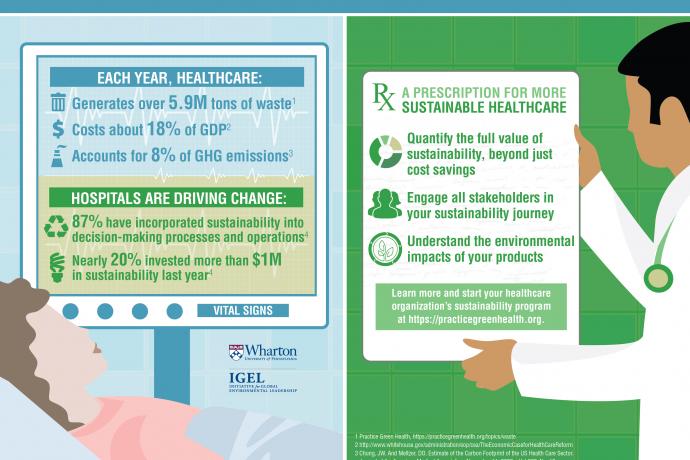
In today’s world, environmental sustainability has become an increasingly important aspect of business operations. Consumers are becoming more conscious of the impact their choices have on the environment, and they expect businesses to take responsibility and contribute to sustainable practices. One powerful way to make a positive impact is through partnerships with environmental organizations. Collaborating with these organizations allows businesses to leverage their expertise, resources, and networks to drive sustainable initiatives. In this article, we will explore the benefits and best practices of partnering with environmental organizations for sustainable initiatives in Vietnam. From conservation projects to eco-friendly campaigns, we will delve into the key aspects of successful collaborations that can help businesses make a meaningful difference for the environment.
I. The Importance of Environmental Sustainability

- Addressing Climate Change: Environmental sustainability initiatives are essential in addressing climate change and mitigating its impact. Businesses have a responsibility to reduce their carbon footprint and contribute to a more sustainable future.
- Meeting Consumer Expectations: Consumers are increasingly favoring businesses that demonstrate a commitment to environmental sustainability. Partnering with environmental organizations helps businesses align with consumer values and build positive brand perception.
II. Benefits of Partnering with Environmental Organizations
- Expertise and Guidance: Environmental organizations have deep knowledge and expertise in sustainability practices. Partnering with them allows businesses to tap into this knowledge and receive guidance on implementing effective sustainable initiatives.
- Access to Resources and Networks: Environmental organizations often have access to resources, networks, and partnerships that can help businesses achieve their sustainability goals. This includes funding opportunities, research data, and collaboration with other like-minded organizations.
III. Collaborative Sustainable Initiatives

- Conservation and Habitat Restoration: Partnering with environmental organizations enables businesses to participate in conservation projects and habitat restoration efforts. This may include initiatives such as reforestation, wildlife protection, and the preservation of natural ecosystems.
- Waste Reduction and Recycling Programs: Environmental organizations can provide businesses with insights and strategies to implement effective waste reduction and recycling programs. This helps businesses minimize their environmental footprint and promote a circular economy.
IV. Education and Awareness Campaigns
- Engaging Stakeholders: Collaborating with environmental organizations allows businesses to raise awareness among employees, customers, and the wider community. Education campaigns can promote sustainable practices, encourage behavior change, and inspire others to take action.
- Advocacy and Policy Influence: Partnering with environmental organizations can give businesses a platform to advocate for sustainable policies and influence decision-makers. This helps shape a more environmentally friendly business environment and regulatory landscape.
V. Measuring and Reporting Impact
- Tracking Environmental Metrics: Working with environmental organizations enables businesses to measure their environmental impact through key metrics such as carbon emissions, water usage, and waste generation. This data helps identify areas for improvement and track progress over time.
- Transparent Reporting: Transparently reporting sustainability initiatives and progress is crucial for building trust and credibility. Environmental organizations can assist businesses in developing comprehensive sustainability reports that showcase their commitment to environmental responsibility.
In conclusion, partnering with environmental organizations for sustainable initiatives offers numerous benefits, including:
- Expertise and guidance in implementing effective sustainability practices.
- Access to resources, networks, and funding opportunities.
- Collaboration on conservation projects and habitat restoration.
- Implementation of waste reduction and recycling programs.
- Education and awareness campaigns to engage stakeholders.
- Advocacy for sustainable policies and decision-making.
- Measuring environmental impact and transparent reporting.
Contact our Vietnam team today to discuss your sustainability goals and let us collaborate to develop impactful strategies and partnerships. Together, we can make a difference for the environment and drive positive change through sustainable business practices.

Leave a Reply